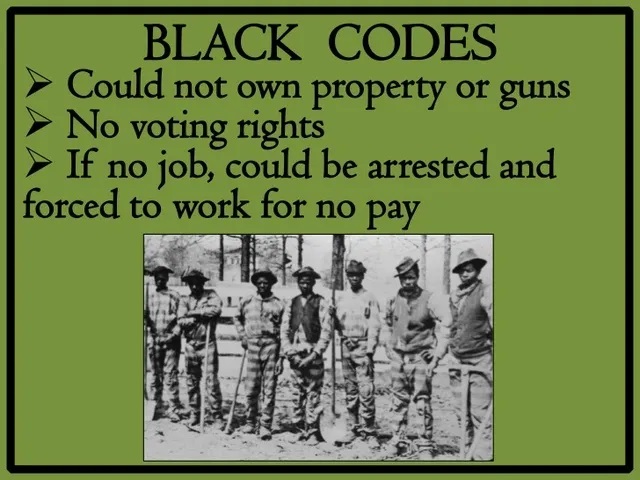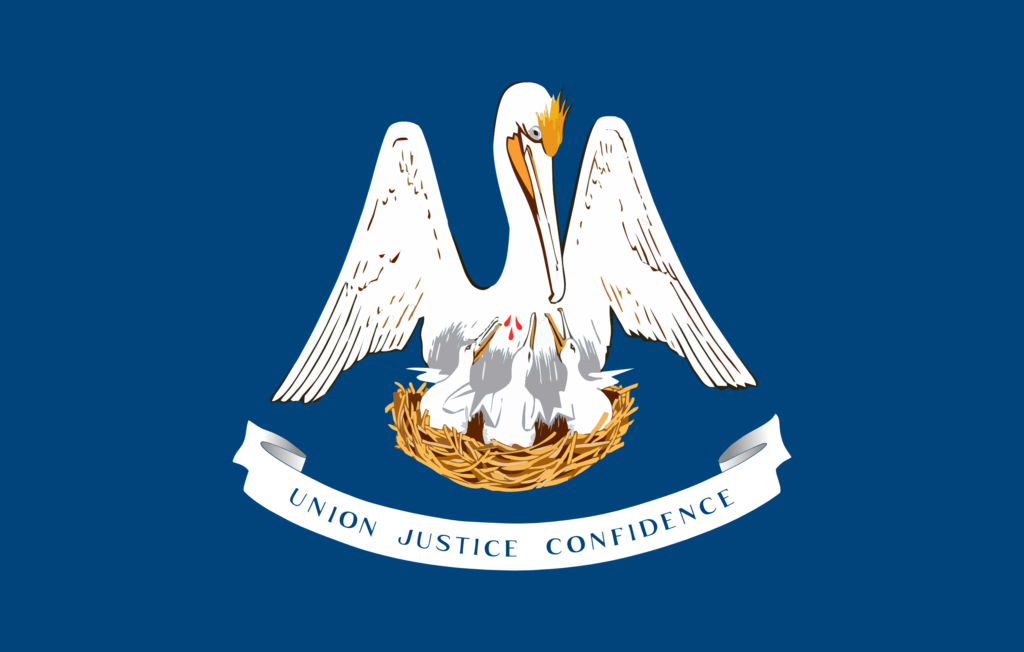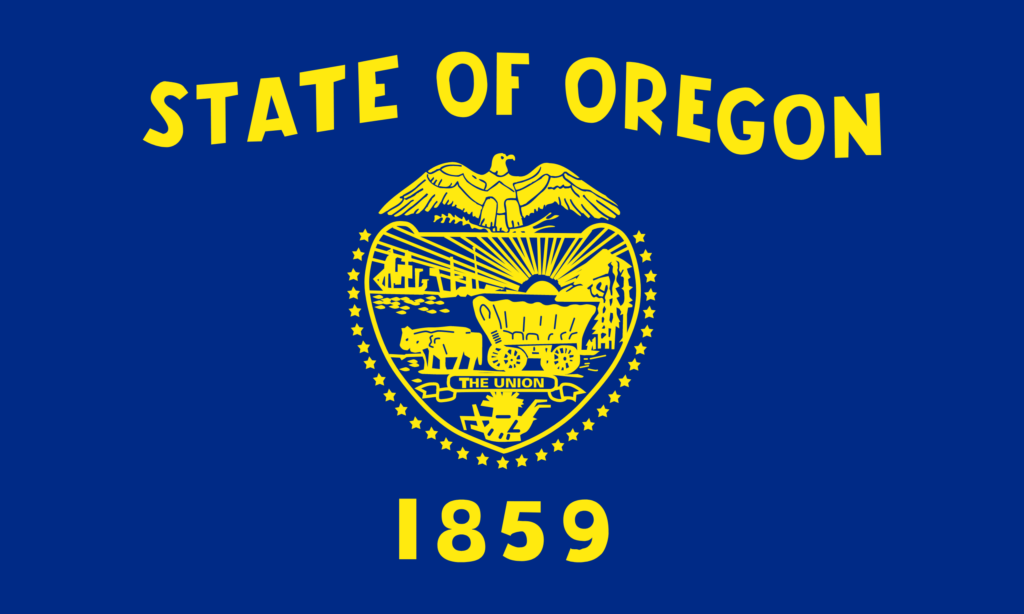Five States Weigh Outlawing Prison Labor ‘Slavery’






Voters in Alabama, Louisiana, Oregon, Tennessee and Vermont will decide on state constitutional amendments prohibiting slavery and involuntary servitude.
Advocates say the amendments are needed to strip antiquated language from state constitutions and to potentially transform the criminal justice system by making all work in prisons voluntary, reports Pew Stateline.
Proponents also want to remove the “exception clause” loophole in the 13th Amendment that led to repressive 19th-century laws in the South known as Black Codes that allowed authorities to incarcerate Black people for petty crimes, such as vagrancy, and then force them to work.
About 20 state constitutions have exception clauses that allow either slavery or involuntary servitude as punishment for crime.
So far, no state that has passed the amendment has changed its prison work rules, but lawsuits to force changes are likely.
This “Eyes on Trafficking” story is reprinted from its original online location.
 ABOUT PBJ LEARNING
ABOUT PBJ LEARNING
PBJ Learning is a leading provider of online human trafficking training, focusing on awareness and prevention education. Their interactive Human Trafficking Essentials online course is used worldwide to educate professionals and individuals how to recognize human trafficking and how to respond to potential victims. Learn on any web browser (even your mobile phone) at any time.
More stories like this can be found in your PBJ Learning Knowledge Vault.
EYES ON TRAFFICKING
This “Eyes on Trafficking” story is reprinted from its original online location.
ABOUT PBJ LEARNING
PBJ Learning is a leading provider of online human trafficking training, focusing on awareness and prevention education. Their interactive Human Trafficking Essentials online course is used worldwide to educate professionals and individuals how to recognize human trafficking and how to respond to potential victims. Learn on any web browser (even your mobile phone) at any time.
More stories like this can be found in your PBJ Learning Knowledge Vault.
